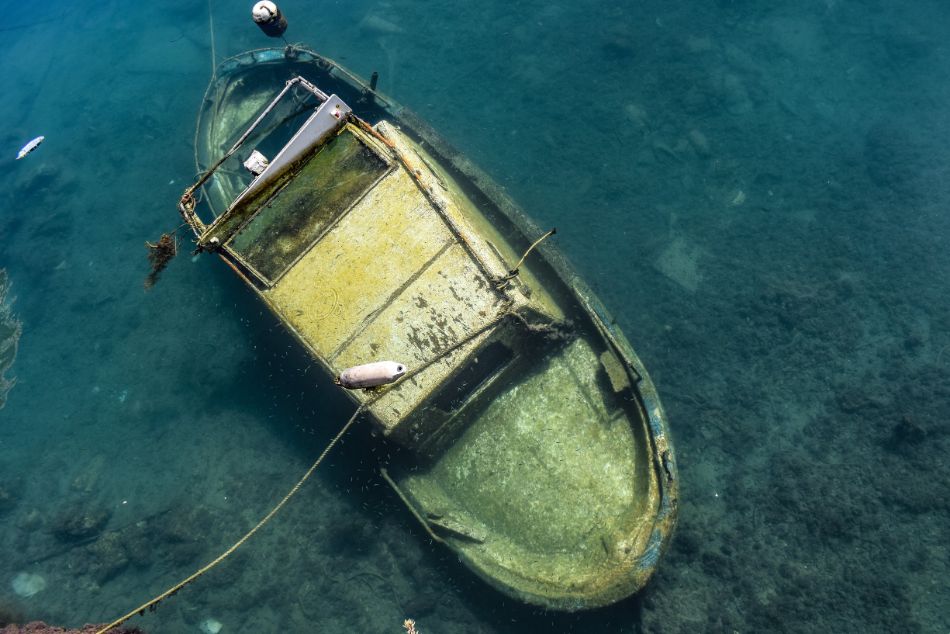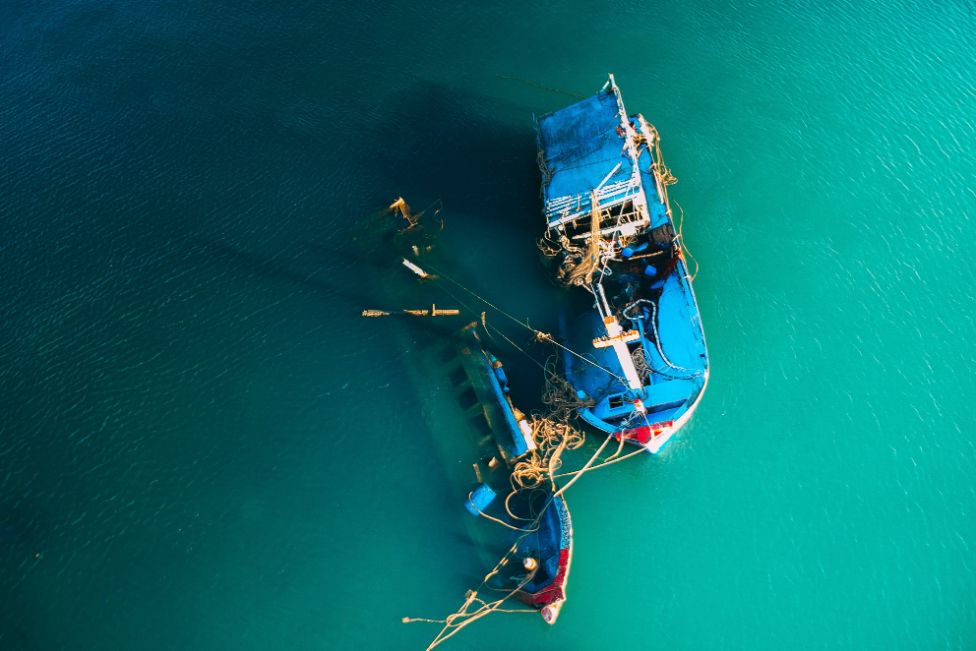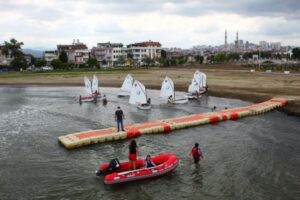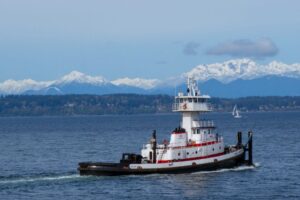Collisions are the primary factor in boating accidents that result in fatalities, according to the United States Coast Guard. A common cause of collisions is that the people operating the pleasure craft are not paying attention and looking out for other boats or objects, or they are moving a little too quickly. For more information on what causes the majority of fatal boating accidents, please read this article.
What Makes Boating Accidents So Perilous?
Emergency medical help is less accessible on the water than it would be in the case of a land accident. Additionally, if the boat’s operator suffers an injury, there might not be another person available to call for assistance or pilot the boat to shore.
Furthermore, the majority (79%) of fatal boating accidents are caused by drowning. It is unlikely that assistance will reach the scene in time to save someone who has fallen into the water as a result of a crash.
The statistics are made even more tragic by the knowledge that many of these deaths could have been avoided if the victims had been wearing life jackets.
Common Causes Of Most Fatal Boating Accidents
The following are the top 10 reasons for recreational boating accidents, according to the U.S. Coast Guard:
- Operator inattention
A distracted boater who misses an approaching vessel, a sudden squall, or other impending danger is a common cause of accidents.
- Improper lookout
A designated lookout person who is not paying attention could unintentionally cause an accident by failing to alert the operator to an obstruction or other hazard, similar to a distracted boat driver.
- Lack of operator instruction and experience
70% of deaths occurred on boats where the operator had not received proper boating safety instruction. However, only 20% of fatal accidents involved drivers who had obtained nationally recognized boating safety education certificates. In the remaining 10% of fatal accidents, there was no operator experience.
- Excessive speed
On the water as well as on the highway, speeding is a major factor in fatal boating accidents. In fact, driving a boat at high speed can be more dangerous than speeding in a car because it takes more time to stop or change direction in order to avoid a crash
- Alcohol use (by boat drivers and passengers)
23% of fatal boating accidents were primarily caused by alcohol use. It is illegal and risky to operate a boat while intoxicated. The laws in Michigan regarding drinking while operating a boat, which include a BAC limit of.08, are similar to those that apply to drivers of cars, and the same punishments are meted out for breaking the rules.
- Machinery or equipment failure
Serious accidents can be brought on by faulty components or broken equipment. This might be brought on by inadequate maintenance, a flaw in the equipment or vessel’s construction, or both.
- Navigation rules violation
Unfamiliarity with the regulations governing specific lakes and waterways can lead to collisions that result in injuries or fatalities. Even between states, there can be differences in navigational laws, so it’s a good idea to familiarize yourself with them.

- Hazardous weather conditions
Particularly in large bodies of water like the Great Lakes, the weather can shift quickly. Boat drivers should keep an eye on weather reports the entire trip and be alert for shifting conditions, even if the weather is good when the ride starts.
- Rough water due to currents or tidal flow
Waters that are rough and challenging to navigate, especially for smaller boats, can result from sudden changes in the current or tide. Therefore, operators should exercise extra caution when going into areas where these conditions are common.
- The force of wave/wake
A wake is a term for the waves produced by a boat’s hull as it moves through the water. These waves may be quite powerful depending on the size and speed of the boat. A smaller boat may also capsize or veer into another boat as a result of the wake left by a larger boat.
Steps To Take After A Boating Accident
The following actions should be taken if you were hurt or involved in a boating accident in any way:
- Stop all watercraft involved in the boating accident
- Exchange personal information with all parties
- Provide reasonable assistance to any injured parties
- If there are serious injuries, call 911
- Visit a medical professional for diagnosis and treatment
After a boating accident, you may be able to contact a personal injury attorney to pursue financial compensation for your injuries.
Why Seek The Advice Of A Lawyer If You Were Hurt In A Boating Accident?
In personal injury boating accident cases, a boating accident lawyer looks into whether or not the causes of the injuries or fatalities might have been prevented if the boat’s owner, the boating company, or the equipment manufacturer had taken the legally required and customary safety measures.
It can be challenging to isolate each of the causes of an accident, as was already mentioned. In order to do this, it is necessary to have a thorough understanding of the various boat types (ranging from yachts to personal watercraft) and the various types of landscapes (ranging from rivers to the ocean or gulf) in which an accident may occur, in addition to investigating the accident scene, speaking with witnesses, and putting together a case.
Sorting out all of these details while also navigating litigation and pursuing a claim can seem overwhelming or even impossible to someone who has recently lost a loved one or been hurt in a boating accident.



